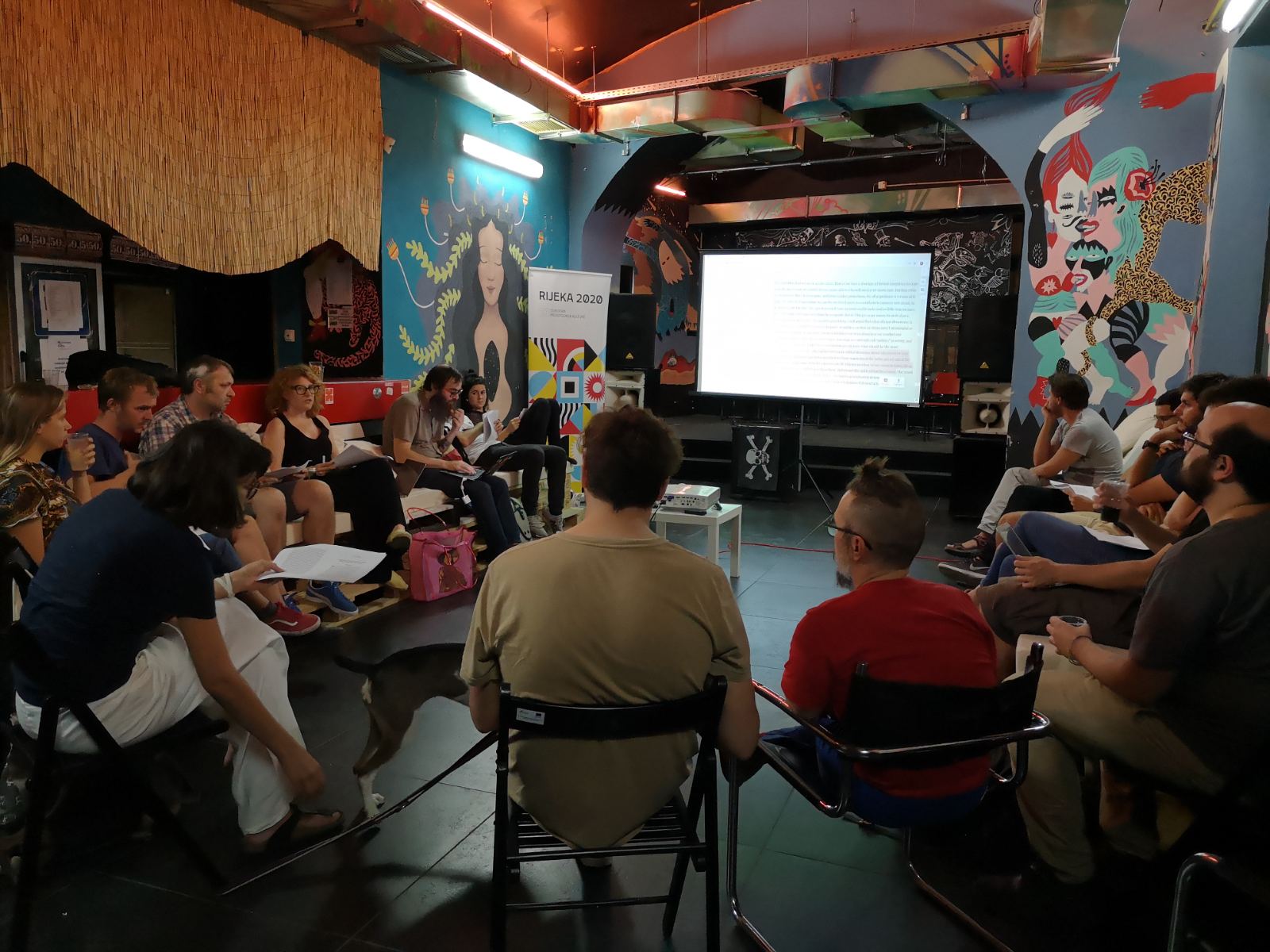An exhibition and discussions dedicated to the today often criminalised practices of “care”, the caring for one another, and “piracy” as an act of guardianship in the digital domain.
Pirate Care is a research project which, through an exhibition programme and series of accompanying talks, presents the increasingly present forms of the interweaving of “care” and “piracy”, which in new and interesting ways is trying to overcome some of the most important challenges of our time.
The project primarily considers the assumption that we live in a time in which care, as a political and collective possibility of society, is becoming increasingly criminalised. This trend is changing the approach towards practices which are linked to care, whereby tactics increasingly began to be adopted which are considerably reminiscent of experiments in the field of pirate networks which originated in the early stages of the appearance of the Internet. Examples of this can be found in the recent criminalisation of rescue missions throughout the Mediterranean Sea, in the phenomenon of the NGO Women on Waves which deliver contraceptive pills over borders with pilotless aircraft, or in the initiative Open Source Pharmawhich devises alternative methods of producing drugs.

On the other hand, the project also deals with the reverse phenomenon, in which piracy, most often connected to hacking and similar procedures in the digital sphere, is linked with themes related to the field of care. Therefore, it is necessary to consider piracy again in the light of everything that has happened to the Internet in the last decades: procedures which transfer a political fight and alternative views into the domain of the Internet and the digital, can be increasingly described as acts of “guardianship”, and less as a gesture of the input of confusion and disruption of systems. Examples of this can be found in the phenomenon of online pirate libraries, in the emergence of collective assurances which enable free transport, and in the digital registers which enable safe havens to activist initiatives.
Considering that international networks of hackers and digital pirates are deliberating their own field of activity, in this sense it is important to understand the Internet as a battlefield of the repeated appropriation not only as the means of production but also the means of social reproduction.